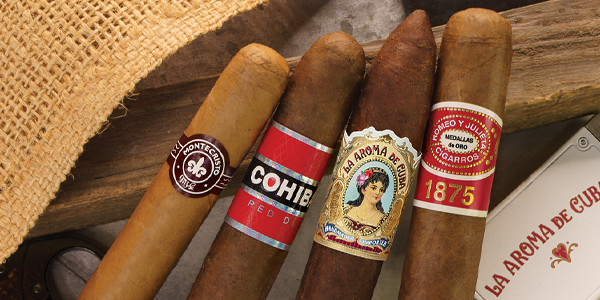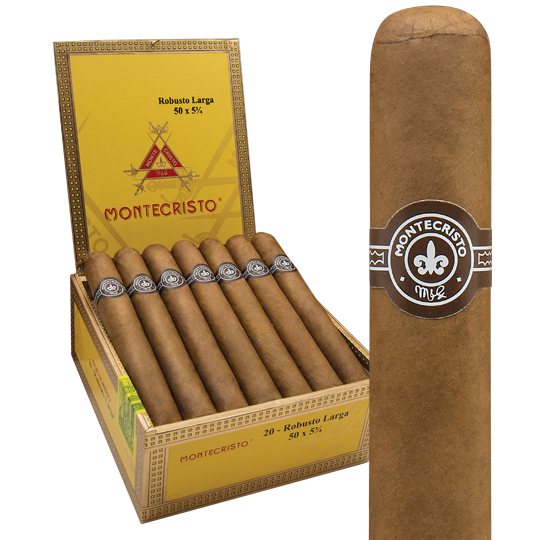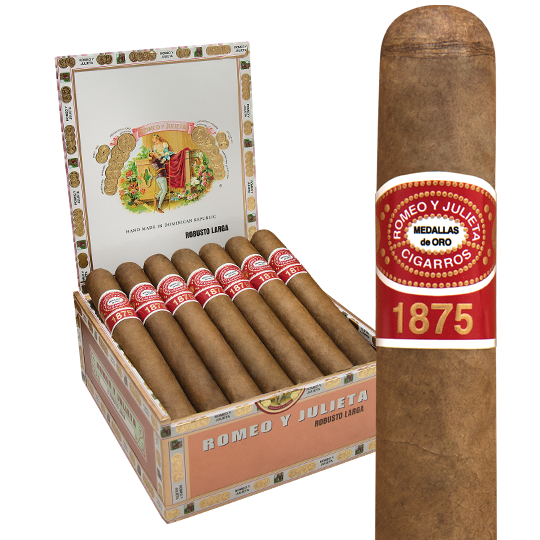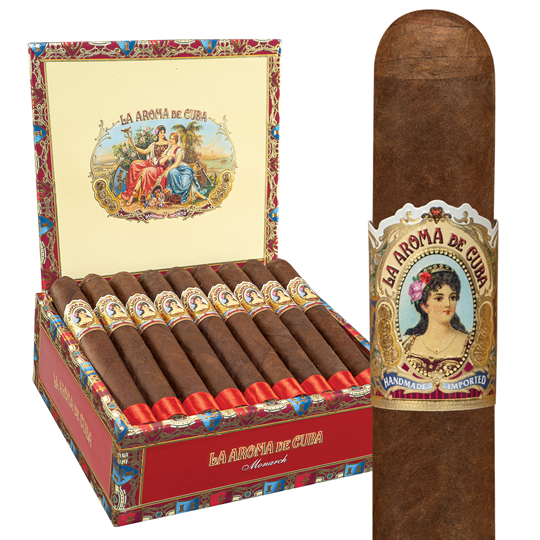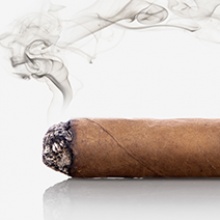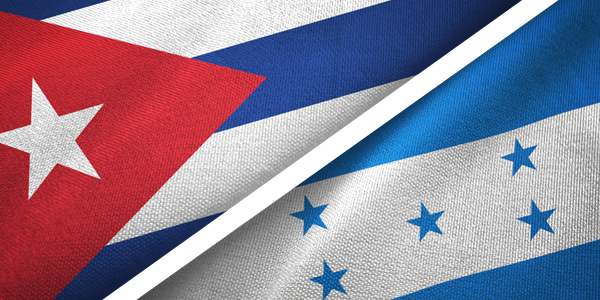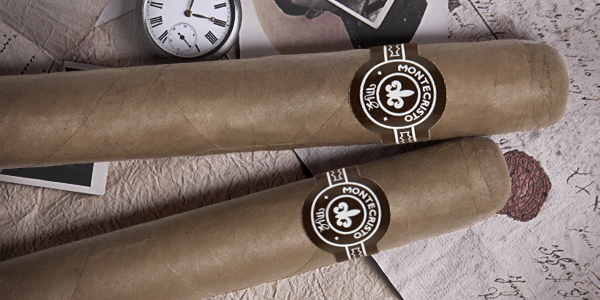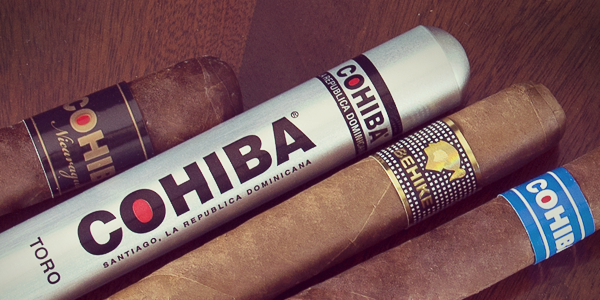What Are Cuban-Legacy Cigars?
We all know of the iconic Cuban brands Montecristo, Romeo y Julieta, and Cohiba. And we also know Cuban cigars are illegal to sell in the U.S. So how is it you’ll find these brands in your local cigar shop and available online? Let’s clear up any confusion around “Cuban-legacy” cigars.
Another Name for “Non-Cuban” Cigars
When you hear the terms “Cuban-legacy” and “Cuban-heritage” in reference to Montecristo or Cohiba cigars, they simply mean “non-Cuban.” In other words, the cigars are not actually made in Cuba nor from Cuban tobaccos, even though they’re borrowing the same Cuban brand names. Most Cuban-legacy cigars are produced in the Dominican Republic or Nicaragua. Some are made in Honduras as well. Two large companies own and distribute the majority of Cuban-legacy brands sold in the U.S. – Altadis U.S.A. and General Cigar Company.
Cuban-legacy brands made by Altadis U.S.A.:
Cuban-legacy brands made by General Cigar Company:
Another well-known Cuban-heritage is La Aroma de Cuba, which is distributed by the Levin family, owners of Ashton cigars. La Aroma de Cuba cigars are blended and produced by father-and-son cigar-makers Pepin and Jaime Garcia, who also produce the My Father brand. Within the My Father portfolio, the Garcias own and make the Cuban-legacy brand Fonseca.
Cohiba in Court
In 1997, Cubatabaco, the company that owns the Cohiba name with the rights to market Cohiba internationally, filed a lawsuit against Scandinavian Tobacco Group (STG), the parent company of General Cigar which distributes Cohiba cigars in the U.S. Cubatabaco’s lawsuit challenges the legality of General Cigar’s use of the Cohiba trademark in the U.S. However, General Cigar alleges Cubatabaco has no jurisdiction over Cohiba in the U.S. due to the ongoing trade embargo with Cuba. The 27-year-old lawsuit is still being litigated with both sides alternately achieving victories and suffering defeats. Throughout the process, General continues to sell and expand its Cohiba portfolio in the U.S.
Biggest Cuban-Legacy Brands
Regardless of lawsuits and trademark infringement, dozens of prominent Cuban-heritage brands are actively and legally sold in premium cigar stores around the country. Here are the ones you’re most likely to encounter.
1. Montecristo
The first Montecristo cigars debuted in Cuba in the 1930s, but this brand is iconic both in and outside of the U.S. American consumers are fond of many different Montecristo blends handmade in the Dominican Republic and Nicaragua. The original Montecristo and Montecristo White are the two most popular due to their mellow, easygoing flavor, making them ideal for beginner cigar smokers.
2. Romeo y Julieta
Romeo y Julieta is among the oldest Cuban brands, but non-Cuban Romeos rival them in popularity. The brand’s recognizable name and generally milder portfolio continues to be a hit with new cigar lovers, especially the Dominican-made Romeo y Julieta 1875 and Romeo y Julieta Reserva Real blends. Both impart nutty, approachable flavor and aroma.
3. La Aroma de Cuba
La Aroma de Cuba cigars have been around since the late 1800s and were among the first cigars that stirred Winston Churchill’s lifelong, herculean appetite for cigars. Today, La Aroma de Cuba cigars are handmade in Estelí, Nicaragua, where José ‘Pepin’ Garcia – a famous Cuban expatriate cigar-maker – blends this top-rated portfolio. The line includes the 95-rated Mi Amor, 94-rated Reserva, 94-rated Pasión, and several other bestselling blends.
4. Punch
Demand for non-Cuban Punch cigars grew during the Cigar Boom of the 1990s. Today, Punch is primarily known as a value brand handmade in Honduras. Punch Vintage, Rare Corojo, and the original Punch blends are sought after for their spicy, earthy flavor and affordable prices.
5. H. Upmann
H. Upmann is another Cuban-legacy brand that enjoys a mix of cigar lovers who smoked the brand during the Cigar Boom era as well as a new crop of aficionados who prefer recent Upmann releases blended by AJ Fernandez. Consistent quality and accessible prices contribute to the steady demand for non-Cuban H. Upmann cigars.
6. Cohiba
Cohiba is undeniably one of the most recognizable cigar brands in the world thanks to the rarity and intrigue behind several Cuban Cohibas, the Behike in particular. Non-Cuban Cohiba cigars are also well known, but their appeal is limited due to their steep prices. Cuban Cohibas are notoriously expensive, but many Dominican Cohiba cigars cost over $20 apiece, and General Cigar Company has pushed the envelope with ever more expensive Cohiba blends that go for $90 per cigar. Even famous names like Cohiba enjoy a limited audience in the U.S. due to less-expensive competing brands.
7. Hoyo de Monterrey
Hoyo de Monterrey is an old-school brand popular with consumers who began smoking them back during the Cigar Boom of the 1990s. Today, the makers of non-Cuban Hoyo de Monterrey cigars have turned to AJ Fernandez to blend and produce more modern Hoyo editions, Hoyo La Amistad, La Amistad Black, and La Amistad Silver. Launching new projects under old Cuban brand names that are blended by modern cigarmakers has been an effective way to stimulate demand.
Yes, Cuban Cigars Are Still Illegal in the U.S.
Over the past ten years, restrictions on how many Cuban cigars you can bring into the U.S. have fluctuated remarkably. Different presidential administrations loosened and then tightened up the number of Cuban cigars you can bring into the U.S. from abroad for personal consumption, which has led to much confusion. The current federal laws, set in place by President Trump, are very prohibitive and do not allow the import of Cuban cigars.

